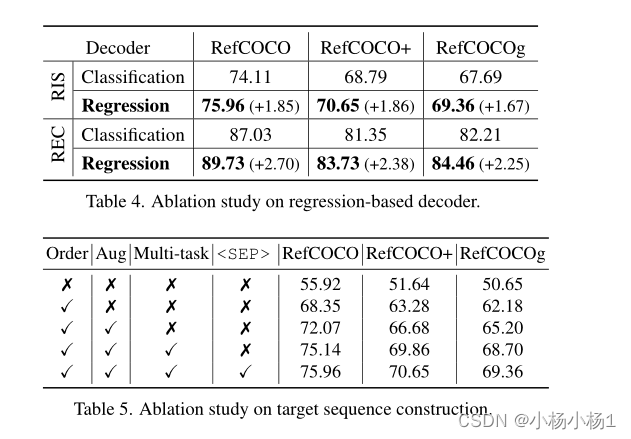232. 用栈实现队列
请你仅使用两个栈实现先入先出队列。队列应当支持一般队列支持的所有操作(push、pop、peek、empty):
实现 MyQueue 类:
void push(int x) 将元素 x 推到队列的末尾
int pop() 从队列的开头移除并返回元素
int peek() 返回队列开头的元素
boolean empty() 如果队列为空,返回 true ;否则,返回 false
说明:你 只能 使用标准的栈操作 —— 也就是只有 push to top, peek/pop from top, size, 和 is empty 操作是合法的。
你所使用的语言也许不支持栈。你可以使用 list 或者 deque(双端队列)来模拟一个栈,只要是标准的栈操作即可。来源:力扣(LeetCode)
链接:https://leetcode.cn/problems/implement-queue-using-stacks
著作权归领扣网络所有。商业转载请联系官方授权,非商业转载请注明出处。
class MyQueue:def __init__(self):# in负责push# out负责popself.stack_in = []self.stack_out = []def push(self, x: int) -> None:self.stack_in.append(x)def pop(self) -> int:if self.empty():return None# 直接导出的情况# stack_out永远都是最先加入的那些元素if self.stack_out:return self.stack_out.pop()else:# 把stack_in 放在 stack_out# 等于重新排序使得最先入队列的元素最先出去for i in range(len(self.stack_in)):self.stack_out.append(self.stack_in.pop())return self.stack_out.pop()def peek(self) -> int:# 找到最先入队列的元素 即队列起点# 这个是必要的操作以防stack_out是空ans = self.pop()# 放到out的末尾方便下次使用self.stack_out.append(ans)return ansdef empty(self) -> bool:return not(self.stack_in or self.stack_out)# Your MyQueue object will be instantiated and called as such:
# obj = MyQueue()
# obj.push(x)
# param_2 = obj.pop()
# param_3 = obj.peek()
# param_4 = obj.empty()225. 用队列实现栈
请你仅使用两个队列实现一个后入先出(LIFO)的栈,并支持普通栈的全部四种操作(push、top、pop 和 empty)。
实现 MyStack 类:
void push(int x) 将元素 x 压入栈顶。
int pop() 移除并返回栈顶元素。
int top() 返回栈顶元素。
boolean empty() 如果栈是空的,返回 true ;否则,返回 false 。
注意:
你只能使用队列的基本操作 —— 也就是 push to back、peek/pop from front、size 和 is empty 这些操作。
你所使用的语言也许不支持队列。 你可以使用 list (列表)或者 deque(双端队列)来模拟一个队列 , 只要是标准的队列操作即可。来源:力扣(LeetCode)
链接:https://leetcode.cn/problems/implement-stack-using-queues
著作权归领扣网络所有。商业转载请联系官方授权,非商业转载请注明出处。
class MyStack:def __init__(self):self.queue =deque()def push(self, x: int) -> None:self.queue.append(x)def pop(self) -> int:if self.empty():return None# 弹出队列要重新排序for i in range(len(self.queue)-1):self.queue.append(self.queue.popleft())return self.queue.popleft()def top(self) -> int:if self.empty():return Nonereturn self.queue[-1]def empty(self) -> bool:return not self.queue
# Your MyStack object will be instantiated and called as such:
# obj = MyStack()
# obj.push(x)
# param_2 = obj.pop()
# param_3 = obj.top()
# param_4 = obj.empty()






